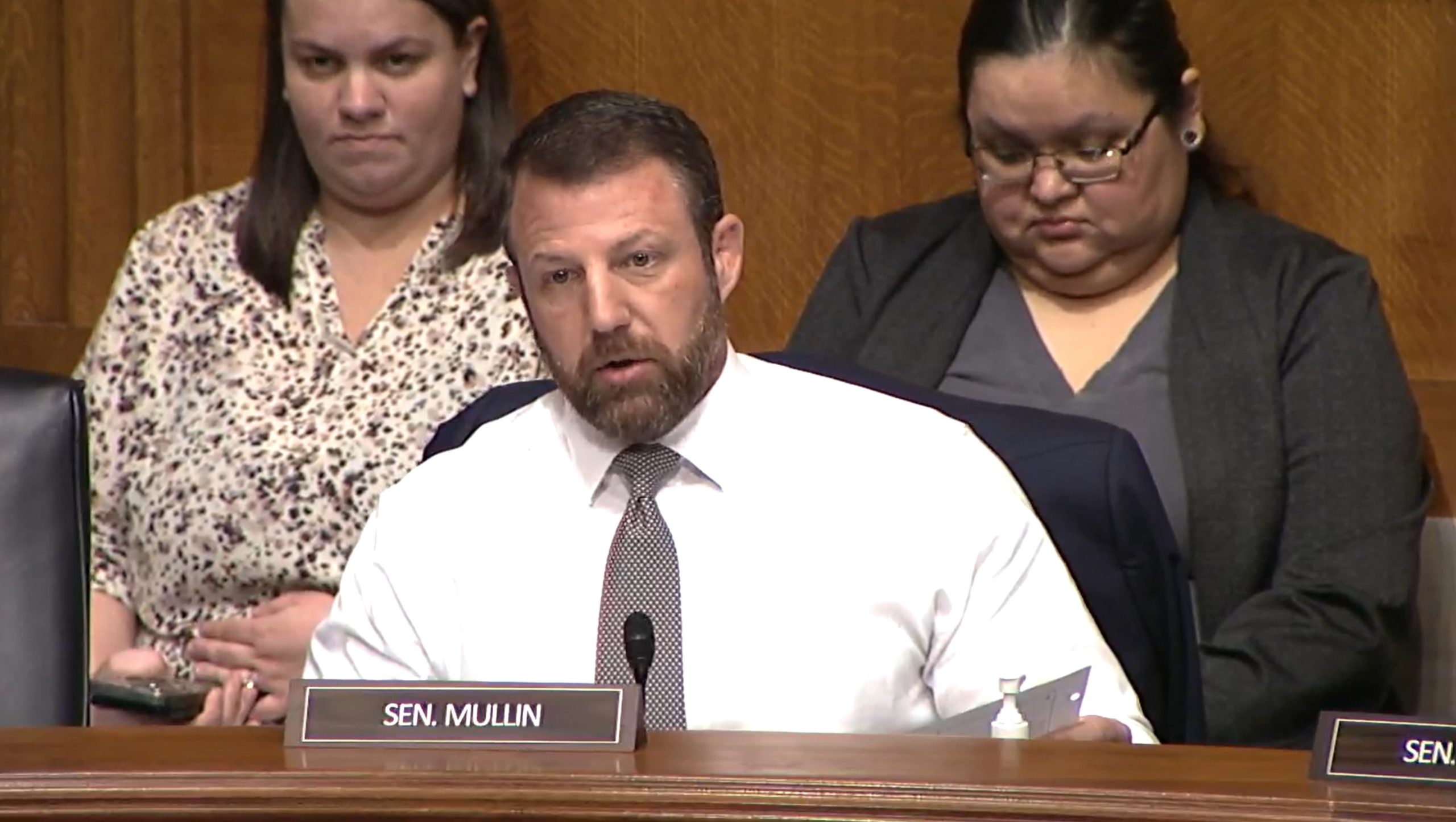Podcast: Play in new window | Download | Embed
Canada’s top Native leader levels criticism at all levels of government for what she calls slow progress to stop the crisis of missing and murdered Indigenous women and girls.
As Dan Karpenchuk reports, her comments come on the fifth anniversary of a national inquiry’s report on the issue.
Assembly of First Nations National Chief Cindy Woodhouse Nepinak didn’t hold back saying that only two of the more than 159 calls to action, in the wake of the inquiry, have been implemented since 2019.
And she says that’s despite calls from advocates for more money from government for Indigenous housing, justice, and programs aimed at keeping women and girls safer.
The inquiry concluded that Indigenous women were twelve times more likely to end up missing or murdered than non Indigenous counterparts. And the commission recommended 231 calls to action to help curb what was described as an epidemic.
Nepinak says inaction is not acceptable to First Nations.
“As we mark the start of Indigenous history month in Canada, the government’s response to the national inquiry into missing and murdered women and girls represents a historic low point. It echoes a persistent pattern of failure, chronicled most recently in the auditor general’s March 20224 on housing and policing programs. Significant and substantive action is needed now more than ever to enhance the safety for First Nations women, girls, and 2SLBGTQ+ people.”
In Ottawa, the opposition New Democratic Party also voiced concerns saying that sustainable long term funding is lacking.
But the Crown Indigenous relations minister says even though progress is not coming as quickly as some would have it, the government remains committed to addressing the issue.

The White Buffalo Recovery Center’s office in Arapahoe on the Wind River Reservation. (Photo: Hannah Habermann / Wyoming Public Media)
An outpatient treatment center in Riverton and on the Wind River Reservation is launching a new program that aims to work with Native families to address grief and loss.
Wyoming Public Radio’s Hannah Habermann has more.
Mending Broken Hearts is a recurring, three-day workshop hosted by the White Buffalo Recovery Center, which offers culturally-informed addiction treatment.
It’s all about creating a space for participants to process the impacts of intergenerational trauma – and heal in community.
In the past, Mending Broken Hearts has been just for adults, but this June, the center is expanding the workshop to include the whole family.
Kenzie Monroe is Northern Arapaho and is the certified adolescent peer specialist at White Buffalo. She’ll be co-facilitating the new program.
“A lot of our adolescents are struggling and they don’t understand where the grief is coming from, or understand their feelings or healing. And so I think that’s good to be a part of that.”
The first families workshop will take place from June 12-14 in Riverton.
Sealaska Heritage Institute is kicking off its biennial Celebration this week, marking 42 years of the dance and culture event held in Juneau, Alaska.
It’s a four-day event, which draws thousands of people celebrating cultural survival of Tlingit, Haida, and Tsimshian people, and the sharing of their cultures.
Sealaska Heritage Institute President Rosita Worl says their cultures are vibrant and the people are strong, and that it’s a time to celebrate.
She says the general public is also welcome to attend.
More than 1,000 dancers from 36 dance groups are expected to participate this year.
Celebration also includes an art show, Native art market, Native food contests, a fashion show, and other events.
New this year: a film festival, elder photo booth, and blanket toss.
It will be broadcast statewide on TV and webcast.
Celebration is being held Wednesday through Saturday.
Get National Native News delivered to your inbox daily and stay up-to-date on the 2024 Native Vote. Sign up for our daily newsletter today.




















